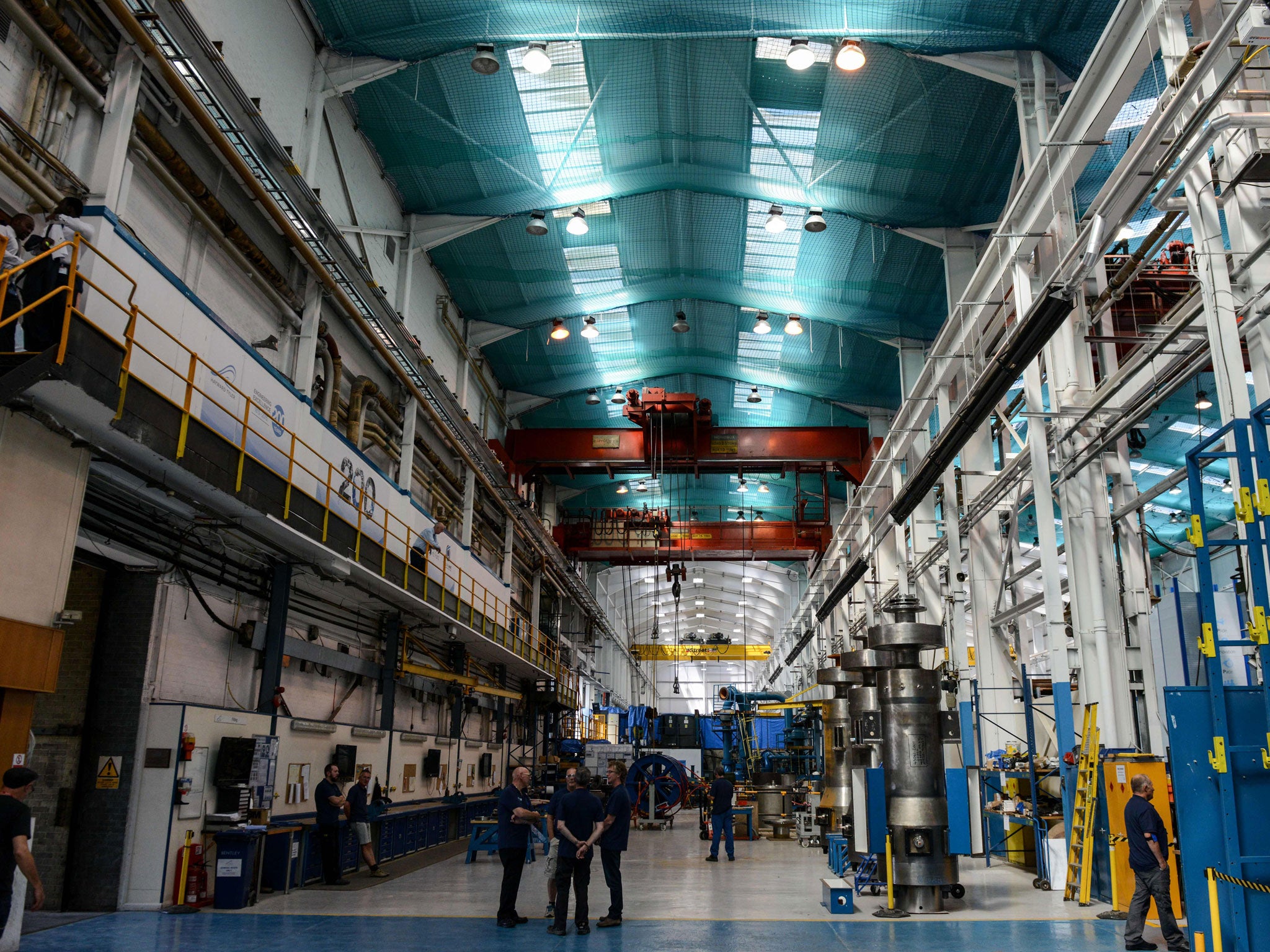Brexit: Record number of UK businesses say weak pound will force them to raise prices within months
It's the highest figure since the British Chamber of Commerce began gathering data in 1997

Your support helps us to tell the story
From reproductive rights to climate change to Big Tech, The Independent is on the ground when the story is developing. Whether it's investigating the financials of Elon Musk's pro-Trump PAC or producing our latest documentary, 'The A Word', which shines a light on the American women fighting for reproductive rights, we know how important it is to parse out the facts from the messaging.
At such a critical moment in US history, we need reporters on the ground. Your donation allows us to keep sending journalists to speak to both sides of the story.
The Independent is trusted by Americans across the entire political spectrum. And unlike many other quality news outlets, we choose not to lock Americans out of our reporting and analysis with paywalls. We believe quality journalism should be available to everyone, paid for by those who can afford it.
Your support makes all the difference.A record number of businesses say they expect to raise prices within three months as a result of the collapse in the value of the pound after Brexit, a new survey has revealed.
The poll of thousands of firms by the British Chambers of Commerce (BCC) is the clearest signal yet that British shoppers face steeply rising prices in the coming months.
Manufacturers are feeling the pain most acutely thanks to soaring raw materials costs. The balance of companies in the sector who think they will increase prices in the next three months jumped to plus 52 per cent from plus 31 per cent in the three months to September. The figure is the highest since the BCC began collecting data in 1997.
Among service sector companies, which account for more than three quarters of the UK economy, the figure was plus 30 per cent – a level not seen since the first quarter of 2011.
It was hoped that the Brexit-battered pound would boost exports by making them cheaper for overseas buyers, but the number of firms reporting improved export sales actually fell slightly to plus 16 per cent in the fourth quarter from plus 17 per cent in the third.
Sterling remains around 18 per cent down against the US dollar and 11 per cent lower versus the euro since the Brexit vote on 23 June last year.
Dr Adam Marshall, director general of the BCC, said inflation was now a primary concern for many businesses.
He added: “Both manufacturing and services firms say they are under pressure, particularly from the rising cost of inputs, which is squeezing margins and may weaken future investment.
“Overall, our findings suggest growth will continue in 2017, albeit at a more modest pace.”
In November the Bank of England predicted inflation will jump to 2.7 per cent in 2017, while influential think-tank the National Institute of Social and Economic Research said it could hit almost 4 per cent.
The UK economy has been reliant on buoyant consumer spending, funded by rapidly increasing consumer debt, despite a gloomy economic outlook. Economists have now warned that rising prices could hit that confidence, hurting the economy.
Suren Thiru, head of economics at the BCC, said there was still little evidence to suggest that exporting firms were benefiting from the devaluation of the pound.
“There is further evidence that rising prices will be a key challenge to the outlook for the UK economy over the next year, with the significant rise in the cost of raw materials increasing the pressure on firms to raise prices in the coming months.
“While growth is likely to have remained on trend in the quarter, the UK’s growth prospects in the near-term are expected to be more subdued, weighed down by rising inflation and the uncertainty surrounding Brexit.”
Despite enduring cost pressures, the BCC predicted modest economic growth in 2017. A balance of plus 15 per cent of firms predicted their UK sales would increase this year. The number of companies expecting increased turnover also increased.
The BCC report – based on responses from 7,250 businesses – also showed a total of 76 per cent of manufacturers are having trouble recruiting the right staff; a problem that is likely to be exacerbated if controls on immigration are implemented.
Join our commenting forum
Join thought-provoking conversations, follow other Independent readers and see their replies
Comments